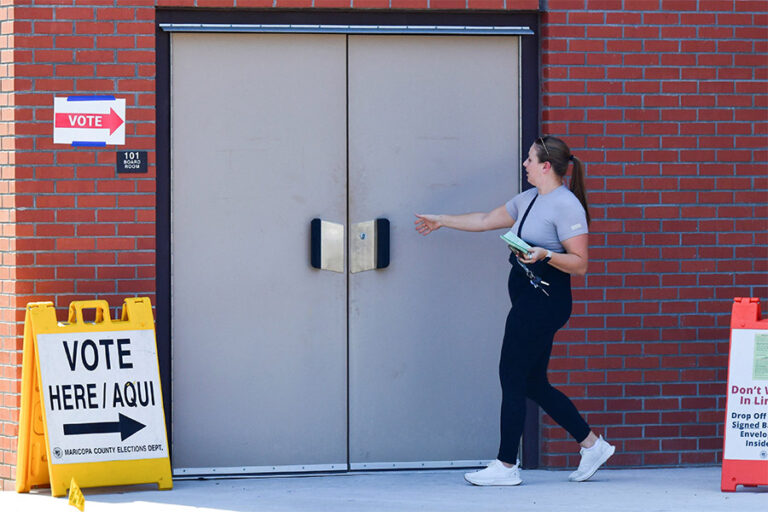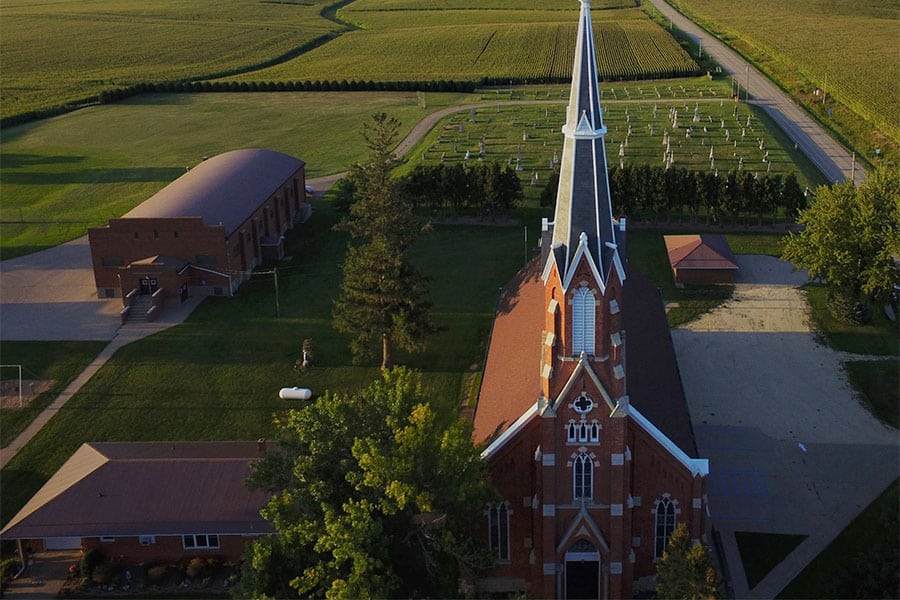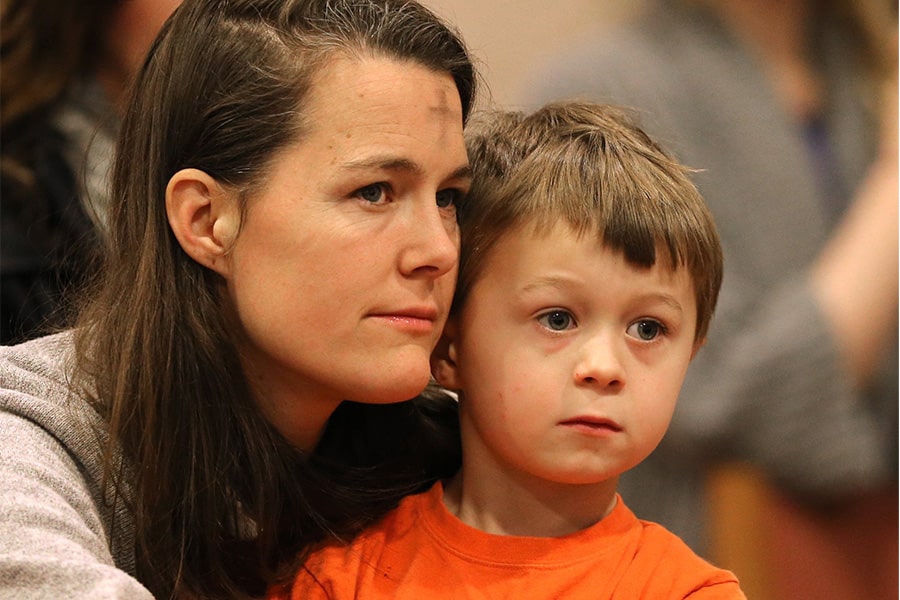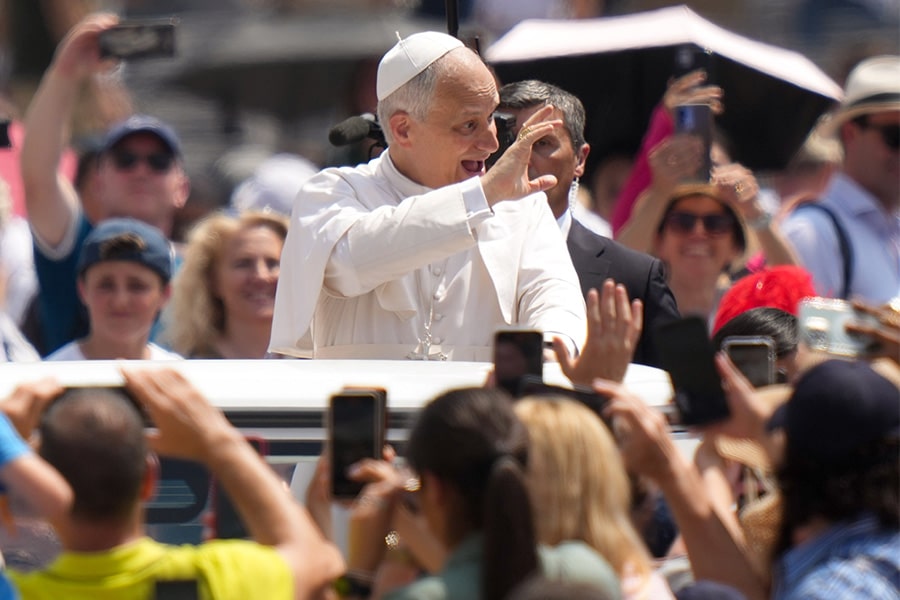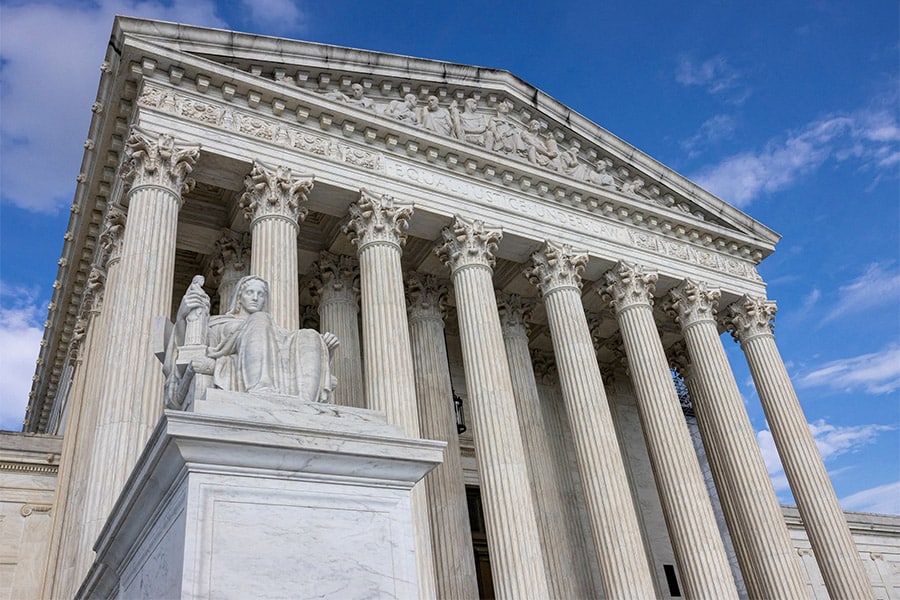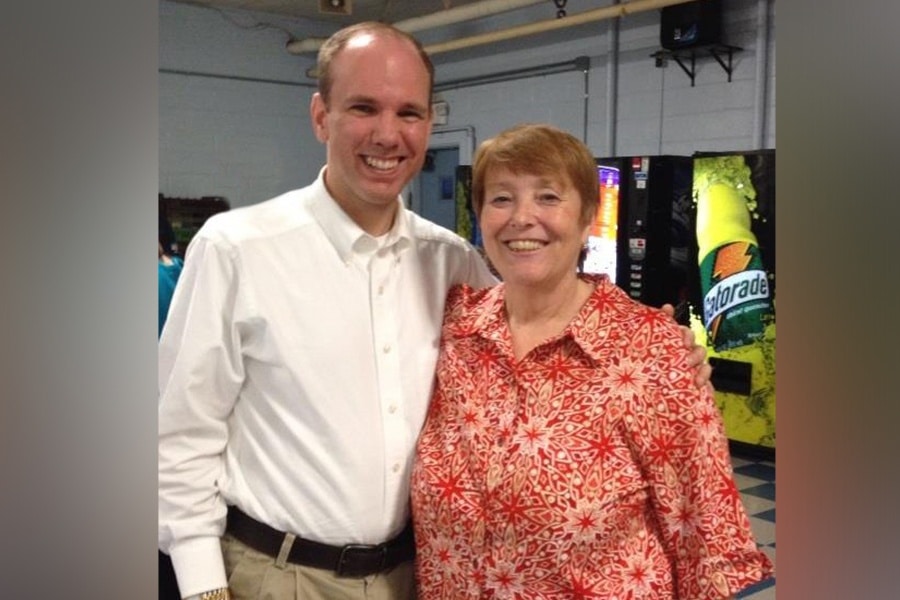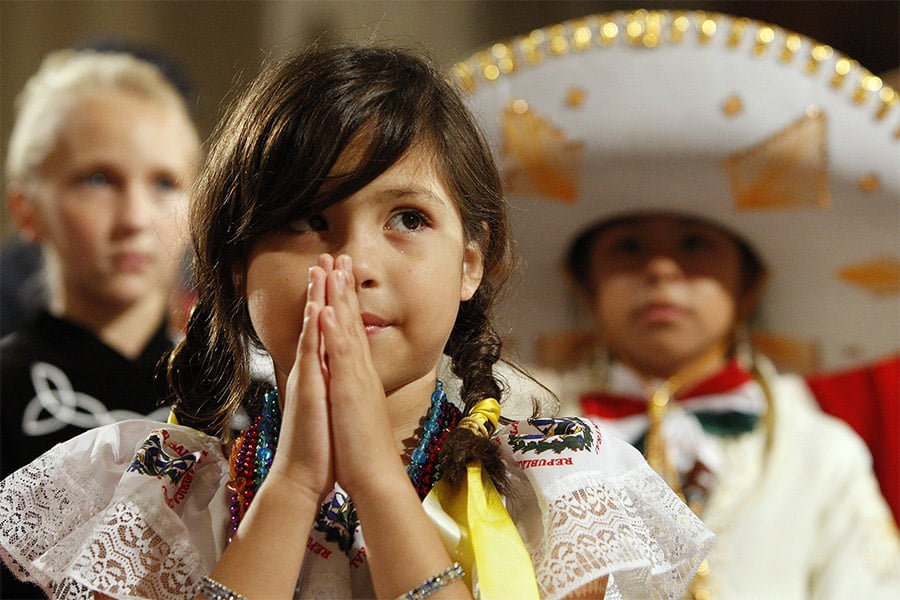Because I turned 18 in 1986, the first presidential election in which I was eligible to vote was 1988. In the intervening 36 years, I have never voted for a Democratic candidate for president, and I have voted for a single Republican candidate, George H.W. Bush, a single time, in that first election.
I know that this disclosure will, in the minds of some readers, make me immediately suspect. It’s not that I consider politics unimportant: Both my undergraduate and graduate degrees are in political theory. But having volunteered for his campaign as a college student in Michigan, I experienced a profound sense of betrayal when President George H.W. Bush — a longtime advocate of abortion, even before Roe v. Wade — cast aside the defense of life that he had adopted for purely pragmatic purposes in the election of 1988, most notably in the appointment of “stealth Justice” David Souter to the U.S. Supreme Court in 1990. Two years later, Souter joined Justices Anthony Kennedy and Sandra Day O’Connor to save Roe in Planned Parenthood v. Casey.
Between the elections of 1988 and 1992, I graduated from Michigan State and went off to study in the Department of Politics at The Catholic University of America, where I made lifelong friends, among them a priest, a professor of philosophy, and a practicing lawyer, with whom I have continued to discuss and debate politics for the better part of four decades. We are all, I am convinced, equally faithful to the Catholic Church in all of her teachings, yet we each approach the question of presidential elections in a different way.
For my part, I decided, after the experience with George H.W. Bush, that I would henceforth hold all presidential candidates to a higher standard — namely, the standard set by the Catholic Church in her moral and social teaching. And so, for nine elections in a row, I have found both major-party candidates wanting — and in 2024, severely so, especially concerning the church’s teaching on life. That one candidate contradicts the church’s teaching more fully than the other does not change the reality that both have departed from it.
In our discussions, my friends from graduate school debate whether we have a moral duty to vote for “the lesser of two evils.” (Recently, Pope Francis himself, in a reference to the U.S. presidential election, used that very phrase.) I reject the premise. The church says that we have a duty to participate in the political process, but nowhere does she say that we must violate our conscience by voting for a candidate who departs from church teaching just because another candidate’s positions lie even farther afield.
Anyone who claims that the social doctrine of the church requires us to vote for “the lesser of two evils” has, intentionally or not, subordinated the church’s timeless moral and social teaching to the political limits of the day. Such an inversion of priorities ensures that our political leaders will continue to depart from church teaching for electoral gain. Unless we place their political future in doubt because they have departed from church teaching, what reason have they to return to the truth?
In “God in the Dock,” C.S. Lewis writes of one particular trouble that Christian apologists constantly have in defending our faith: We must resist the urge to argue that Christianity is good or useful rather than true. “One must keep on pointing out that Christianity is a statement which, if false, is of no importance, and if true, of infinite importance. The one thing it cannot be is moderately important.”
To argue that we must compromise the church’s moral and social teaching so that we may cast a vote for “the lesser of two evils” is to declare implicitly (and sometimes explicitly) that Christianity is of only moderate importance compared with the electoral politics of the day.
Since I have been eligible to vote, I have heard, every four years, that “this is the most important election of our lifetime.” That rhetoric was ratcheted up in 2016 and 2020 and has reached new heights in 2024. The purpose of such rhetoric is not a Christian one; it is designed to convince us that, in order to do our moral duty, we must compromise our moral principles. Yet the first moral principle found in the Catechism of the Catholic Church is that we cannot do evil that good may come of it.
Christianity is of infinite importance; this presidential election, like all presidential elections, is a moderately important one. “Put not your trust in princes: In the children of men, in whom there is no salvation. His spirit shall go forth, and he shall return into his earth: in that day all their thoughts shall perish. Blessed is he who hath the God of Jacob for his helper, whose hope is in the Lord his God” (Ps 146[145], 2-5).
Read More Commentary
Copyright © 2024 OSV News

